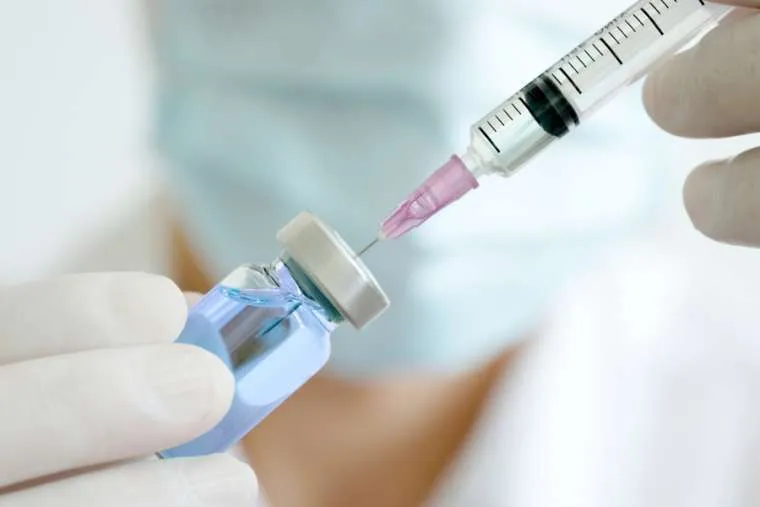Washington D.C., 17 November, 2020 / 7:24 pm (ACI Africa).
While the Bishop of Tyler asserted Monday that the coronavirus vaccine being developed by Moderna “is not morally produced”, the National Catholic Bioethics Center and the Charlotte Lozier Institute have indicated it is ethical.
Bishop Joseph Strickland tweeted Nov. 16 that “Unborn children died in abortions and then their bodies were used as 'laboratory specimens'. I urge all who believe in the sanctity of life to reject a vaccine which has been produced immorally.”
But the Charlotte Lozier Institute, research arm of the pro-life Susan B. Anthony List, has listed the Moderna vaccine among the “ethically uncontroversial CoV-19 vaccine programs.”
Moderna recently announced that a trial of its vaccine demonstrated it to be 94.5% effective. The trial involved 30,000 people, half of whom were given two doses of the vaccine, and half a placebo.
In the trial, 95 people developed symptoms of Covid-19; five of them had received the vaccine, while 90 had received the placebo. None of those vaccinated developed severe cases of the disease.








